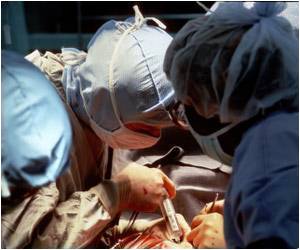Infections in patients at surgical site (SSIs) in Veterans Affairs hospitals costs them twice as much as patients who do not have this complication.

The authors examined total, superficial and deep (more serious infections involving tissue under the skin, organs or implanted devices) SSIs in patients from 129 VA hospitals in 2010.
Among 54,233 patients who underwent surgery, 1,756 (3.2 percent) experienced an SSI. Overall, 0.8 percent of the patients had a deep SSI and 2.4 percent a superficial SSI. The average costs for patients without and with an SSI were $31,580 and $52,620, respectively. The relative costs were 1.43 times greater for patients with an SSI than for patients without. Patients with a deep SSI had associated costs 1.93 times greater and superficial SSIs had costs 1.25 times greater. The proportion of surgical patients with an SSI in the VA study group was consistent with that among the private sector National Surgical Quality Improvement Program cohort, which is used to measure surgical quality in the private sector. In high-volume specialties, the greatest average cost related to SSIs was $23,755 among patients undergoing neurosurgery, followed by patients undergoing orthopedic, general, peripheral vascular and urologic surgeries. The authors estimate the Veterans Health Administration could save millions of dollars annually if hospitals reduced their SSI rates.
"Hospital administrators, policymakers, surgeons and hospital epidemiologists can use these data to make a business case for quality improvement efforts focused on SSIs."
Source-Eurekalert










